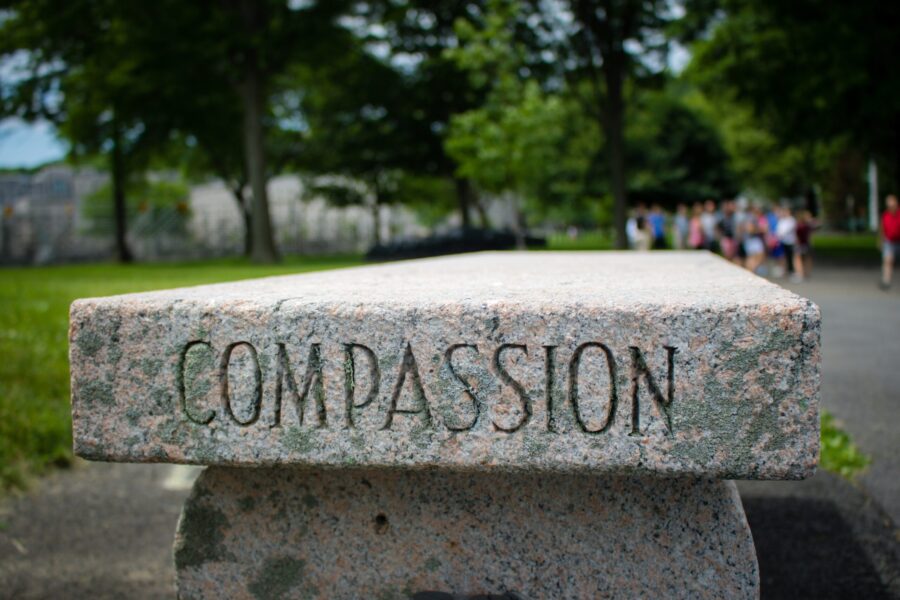The Science Behind Self-Compassion
Driven to succeed? Are you your own worst critic?
According to Dr. Emma Seppala, the science director of the Center for Compassion and Altruism Research and Education (CCARE) at the Stanford University School of Medicine, that needs to change. And she has science to back her up.
Many of us mistakenly think driving ourselves hard is a good thing, a prerequisite for success. Research is showing that a self-critical, overly competitive attitude may not only not help us achieve our goals, but actually stands in our way.
Scientific data reveals that “self-criticism makes us weaker in the face of failure, more emotional, and less likely to assimilate lessons from our failures. Thankfully, there’s a healthier, more effective alternative to self-criticism: self-compassion.
Far from being narcissistic or self-indulgent, Seppala argues that self-compassion “is actually the secret to resilience, strength in the face of failure, the ability to learn from mistakes and to bounce back with greater enthusiasm.”
Self-compassion means treating ourselves with the kindness we would direct toward a friend, making room for perspective, and viewing our circumstances “in the context of a larger human experience.” Making mistakes is simply part of being human. Failure is an inevitable part of the human condition. When we see ourselves through that kinder, more understanding lens, we become stronger, more resilient, and more successful in the long run.
To help facilitate that goal, Dr. Seppala has created an infographic for you to place where you will see it frequently.

This is only an excerpt. To learn how self-compassion leads to greater resilience, increased productivity, decreased stress, and superior performance outcomes, view the full infographic here.
Learn more about the Center for Compassion and Altruism Research and Education (CCARE) at the Stanford University School of Medicine here.



